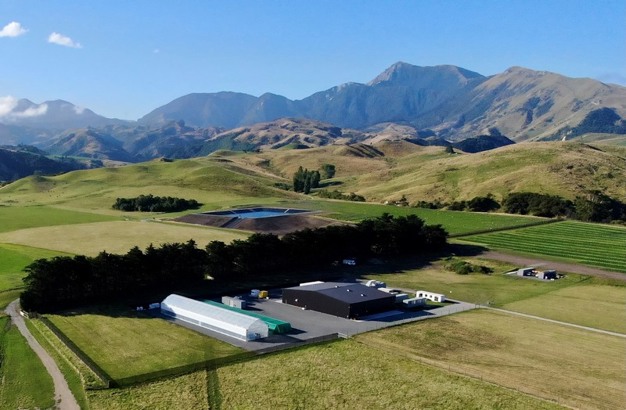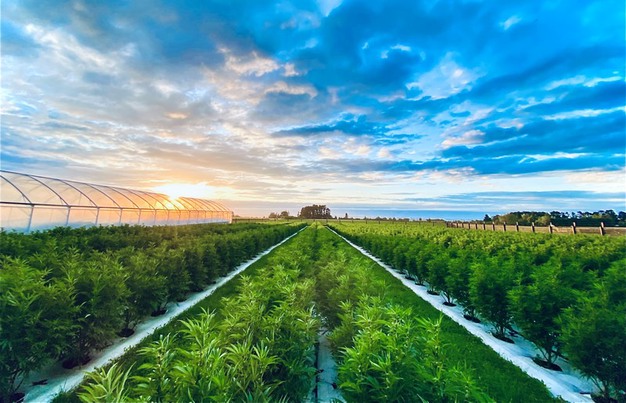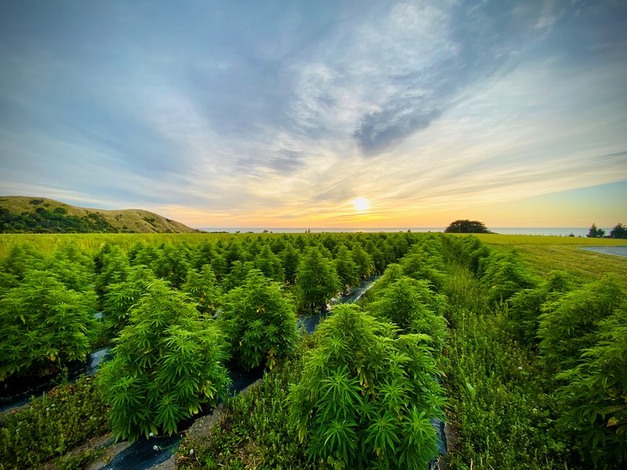Over its first years, the nascent New Zealand cannabis industry has experienced some regulatory challenges that hindered its growth. At the end of July, the New Zealand Medical Cannabis Agency received approval to make a number of changes to the country’s Medicinal Cannabis Scheme. Now, the definitions of the medicinal cannabis category will be broadened, and the quality requirements for exports will be changed. Moreover, researchers will be permitted to use cannabis for scientific research. With the changes expected to be implemented around December, what will the impact be? “The regulatory changes announced will help to support economic growth, research, and business development opportunities for the NZ cannabis industry,” says Tom Forrest, Co-Founder of Puro. “This regulatory progression streamlines export opportunities and allows local Kiwi cannabis companies to focus on both local and international markets.”
Tom Forrest
Export challenges
Tom explains that, previously, it was very difficult and expensive for Kiwi cannabis companies to export. “This is due to the overlapping regulatory burden, requiring both New Zealand quality standards and documentation alongside the importing country standards. Undertaking a cannabis supply agreement requires significant legwork with vendor assurances, novel business commercials, quality documentation, product assessments, and aligning import, export, and licensing submissions.”
Therefore, the regulatory change was highly needed. “This change will streamline several of these steps by allowing New Zealand cannabis producers to align their quality requirements with the importer/buyer and removing several of these expensive and time-consuming regulatory burdens,” Tom explains. “This is crucial for the New Zealand industry, as we can now draw comparisons with other great NZ agricultural commodities (such as kiwifruit, wine, and honey) that are strong locally and highly sought after abroad.”
Production increase
Tom expects that, as a result, New Zealand cannabis production will increase. “For us at Puro, it will be a pragmatic approach to growth with realistic targets, volume, and pricing critical for international success. Our local cannabis industry has incredible potential for growth with an ideal climate, infrastructure and knowledge to grow world-class cannabis. But our leading companies will want to be realistic with the scale of production as our nascent industry develops.”
Tom hopes that these regulatory improvements help to develop not just the volume produced but the variation in commodities that is necessary to compete in the worldwide market. We are seeing incredible opportunities in novel extraction and product formulation technologies, unique delivery methods, and evolution beyond just ‘flower and oil/tinctures.’ I think the best growth will be from embracing new and exciting cannabis product formats.”
This growth will also involve the development and refining of New Zealand cultivars and nursery commodities, Tom says. “Even in these early days of our industry, NZ companies have developed a collection of unique and exciting chemovars tailored to our regional environment. I’m excited to see where companies can work to combine the agricultural prowess and strong agricultural industry with scientific breeding programs to develop unique New Zealand genetics that will be sought after worldwide.”
“More needed”
According to Tom, these regulatory changes are a step in the right direction, but there is still significant reform needed. “This will include a further administrative understanding and acceptance of novel nursery development (for example, the supply of tissue culture, stock plants, teens, or clones), alongside reducing regulatory barriers and encouraging more access to non-psychotropic cannabinoids. It is evident worldwide that CBD, CBG, CBC, etc., are widely available as nutraceuticals and cosmetic products, and we are currently unable to compete in this area. We hope to see this evolution happen promptly as it would allow the New Zealand agricultural prowess to deliver incredible products to the worldwide market.”
For now, the announced regulatory changes are expected to be implemented around December. Yet Tom explains that the original timeline was aggressive and is currently at risk of slipping behind. “It is critical to the survival of our nascent industry that the regulatory legislation be implemented as soon as possible.”
For more information:
Puro
www.puro.co.nz
